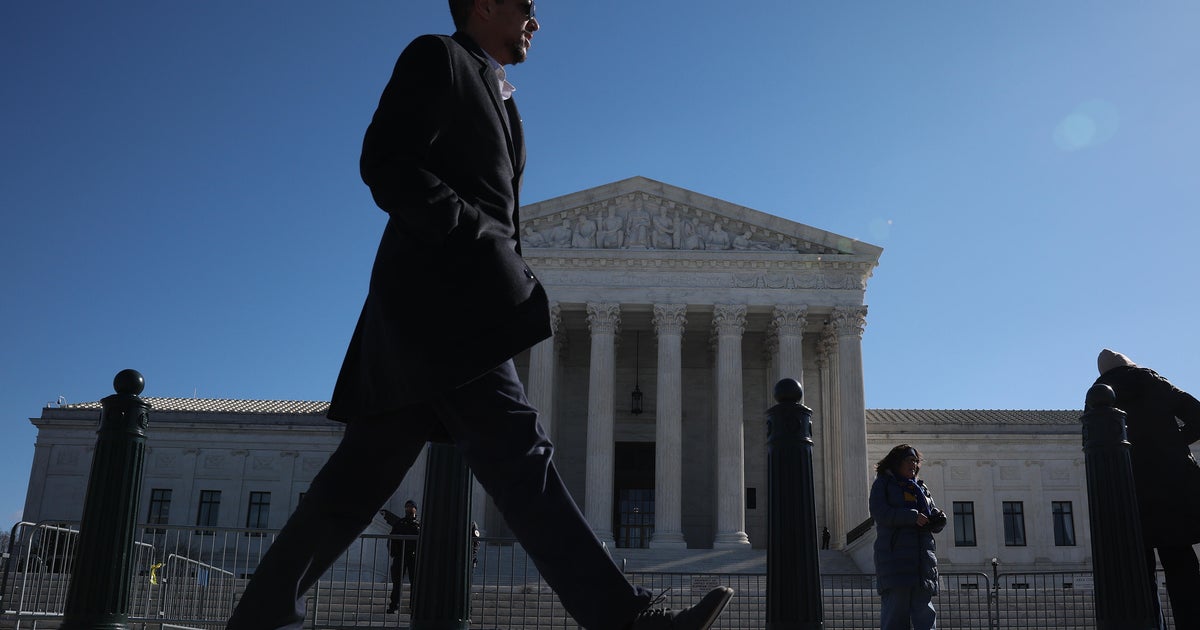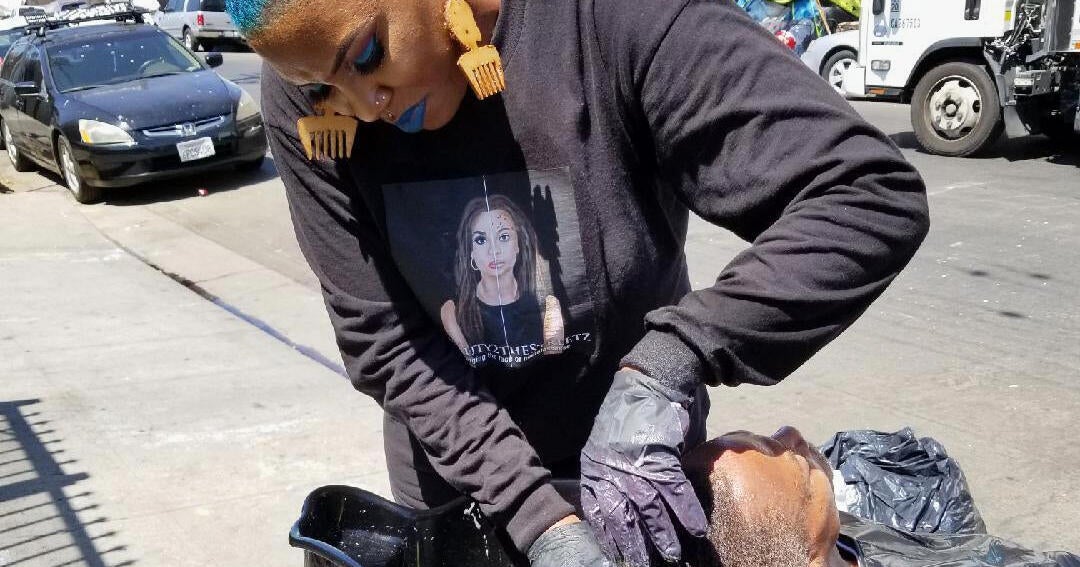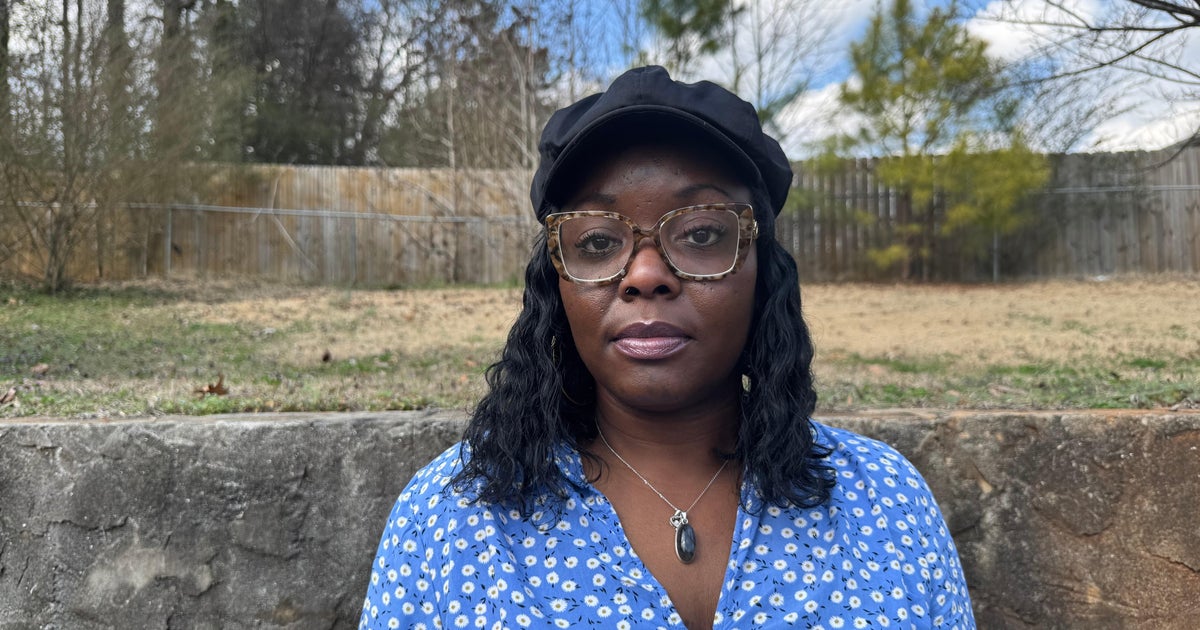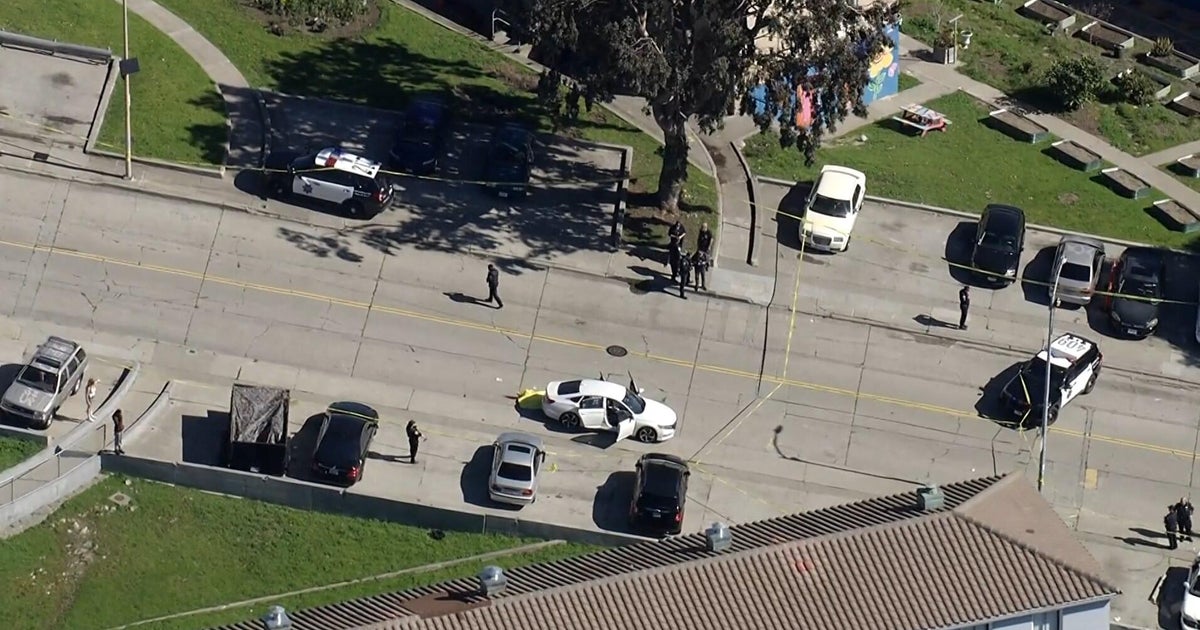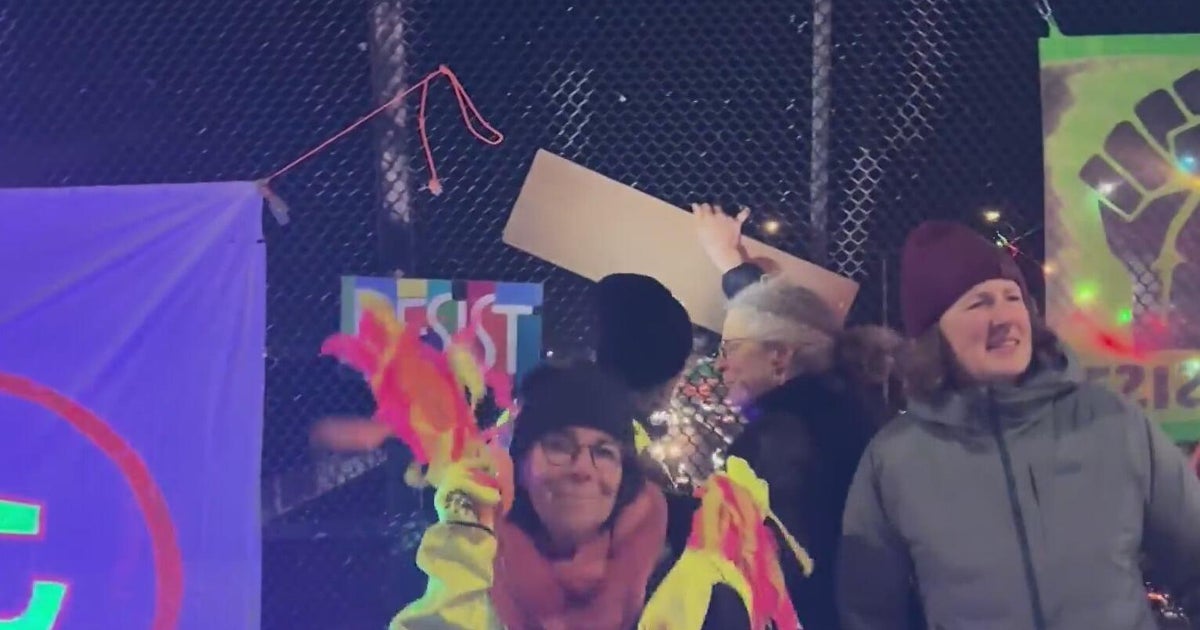Judge denies San Francisco's request for clarification over homeless sweep block
SAN FRANCISCO - A federal magistrate judge Thursday refused to hear a motion by the city of San Francisco seeking clarification of an order last month enjoining the city from closing tent encampments of involuntarily homeless individuals.
She also declined to hear a motion by the plaintiffs -- the advocacy group Coalition on Homelessness and a number of individuals, some of them unsheltered people -- for a special master to oversee compliance with the injunction.
In both cases, U.S. Magistrate Judge Donna Ryu found that the parties raised their motions improperly, each side trying to use a procedure for raising administrative matters -- like asking for permission to raise the page limit of a brief -- to raise substantive issues.
Ryu told the lawyers on both sides, "you know better" and strongly encouraged them "not to get off on the wrong foot."
She told each side that if they want to raise the issues they asserted in their filings, they must follow proper procedure for substantive motions. She encouraged them to first meet and discuss ways to find agreement.
In that regard, she noted that U.S. Magistrate Judge Lisa Cisneros has been assigned to the case to conduct settlement discussions, and she said that the parties should take the issues to Cisneros for discussion.
While Ryu did not hear argument on the dueling motions, she did offer a few "observations" to aid the parties going forward. Among those observations was her concern about what the people in encampments were being told by members of the city's Homeless Outreach Team.
She asked the city's lawyer why the city was engaging with people at camps after her order.
He said that the "primary purpose" was to offer the individuals in the camps shelter and services. He added that a secondary purpose was to clean the streets. He offered no other reason.
The judge said that those were proper purposes and she did not think the order prevented asking people living in camps to move their belongings for a few hours for cleaning, as long as they were told they could come back afterwards. John Do, one of the plaintiffs' lawyers, agreed.
The judge said that she was concerned that the city be clear about what was being communicated to the people in encampments and that it be consistent with the city's stated purposes.
She also raised a question about the police presence at engagements and wondered if it might send a threatening or coercive message to the effect that the displaced individuals would not be allowed to return after cleaning.
The hearing left open a key question that the city's attorneys sought to raise. In their motion for clarification, they argued that the injunction should not restrict their ability to close an encampment if each displaced person was offered a shelter bed, even if he or she did not accept the order.
The city argued that if an individual received a bona fide offer of shelter, he or she was not "involuntarily homeless" as contemplated by the injunction: if they accepted the offer, they had shelter; if they rejected it, they were homeless on a voluntary basis.
The city sought that clarification because it feared that the injunction could be read to prevent camp closures until there was a bed for all the unsheltered individuals living in San Francisco, a virtual impossibility under current circumstances. If that reading were correct, the city said it would be left in an "impossible position."
The city also had argued that an injunction entered in a 2020 lawsuit brought against the city by what was then known as Hastings College of the Law was in conflict with Ryu's injunction.
Ryu offered observations on that issue as well, suggesting that if the parties intended to pursue that argument they had better explain why the orders were in conflict, because after reading the Hastings injunction she did not understand the alleged inconsistency.
In other business, the judge set a trial date for April 15, 2024 and set aside eight days to hear the evidence.
The injunction adds complexity to the city's ongoing attempts to address resident and visitor concerns with encampments on the street.
The judge based her ruling on the fact that the city does not have sufficient beds to provide shelter to all of the unsheltered individuals in the city and therefore the individuals in encampments were essentially being prosecuted for the status of being homeless. In her opinion, that violated the 8th Amendment's prohibition on cruel and unusual punishment.
In 2022, by local ordinance, the San Francisco Board of Supervisors asked the city's Department of Homelessness and Supportive Housing to advise how the number of unsheltered individuals in the city could be completely eliminated.
On Dec. 30, the department issued a report that found that as of February 2022, the time of the last official homeless count, there were 7,754 homeless individuals in the city. Of that number, 4,397 were "identified as sleeping in unsheltered locations."
The report presented an outline of a plan to reduce that number of unsheltered individuals to zero over a three-year period.
According to the department's estimates, it would take $1.45 billion beyond what the city has currently appropriated to do so.
The city is currently projecting a budget shortfall of more than $700 million over the next two fiscal years.
Jen Kwart, a spokesperson for the city attorney's office, responded to an inquiry stating, "The City was hoping to get the clarification it needs on the injunction in order to meet our obligations under the Hastings injunction and assess our appellate options. Unfortunately, the Court declined to provide that guidance, and we are now evaluating all potential next steps."

